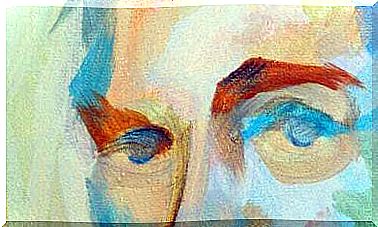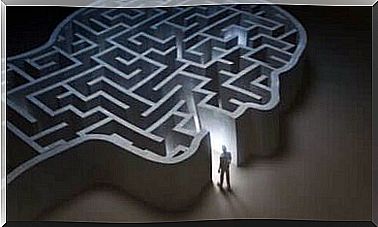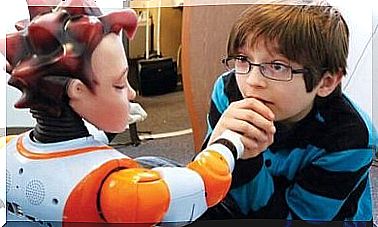Being Smart, What Does It Mean?
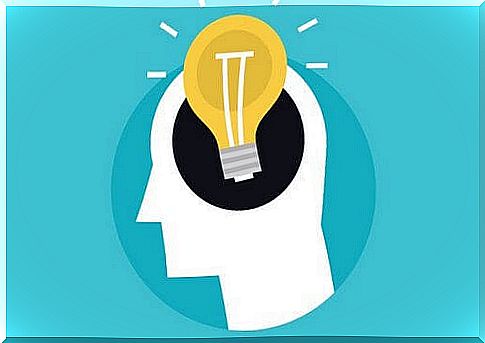
Intelligence is one of the most debated issues by psychologists. The theories in this regard, in fact, have inspired much of the methodologies in other branches of psychology. The main puzzle was perhaps the quantification of intelligence. Determining whether an individual is intelligent or not becomes an impossible challenge if we don’t know what it means to be intelligent or what makes us intelligent.
The definitions of intelligence are manifold; the number of items offered by the major search engines is impressive. For some, intelligence is the art of solving problems, for others it is the art of proposing them or knowing how to make good decisions.
Ultimately, many “arts” remind us that intelligence in itself, without the production of elements of value, even if potential, makes little sense. So what does it mean to be smart? We try to put the ideas in order.

Was Einstein smarter than Mozart?
To ask this question is to somehow contrast music addicts with physics enthusiasts. Because? Because it means “granting the doubt” of intelligence to those who show the ability to make us move or suffer.
On the other hand, there are many who think that we should approach the concept of intelligence from a social point of view; from our need to enter into relationships and from the advantages we can obtain (for ourselves, for the nearest environment or for society) if we do so well.
If, for example, we look at primates, we will realize that the complex social environment has stimulated their ability to deceive or engage in behaviors that we could qualify as altruistic.
There is even an open debate on the theory of mind and the existence of a sense of self as an individual separate from other group members (Gallup, 1982, Hause, MacNeilage & Ware, 1996).
When we talk about intelligence, we usually refer to cognitive abilities. Being able to learn, remember and use new information, solve problems and adapt to new situations.
Intelligence theories and tests: what it means to be smart
Speaking of theories on intelligence, we find illustrious names such as Charles Spearman or Francis Galton at the beginning. However, among all, the figure of Binet stands out. His work developed in the academic field and his interest in the study of intelligence was aimed at improving the educational system, was aimed in particular at children who showed greater learning difficulties.
Together with colleague Theodore Simon, Binet designed a test to measure children’s cognitive abilities. They created individual modules, divided by age groups. For example, a three-year-old should be able to point to mouth and eyes, a nine-year-old should be able to arrange the months of the year in order, and a twelve-year-old should be able to find sixty words in three minutes. Their rating model became the first “IQ test”.
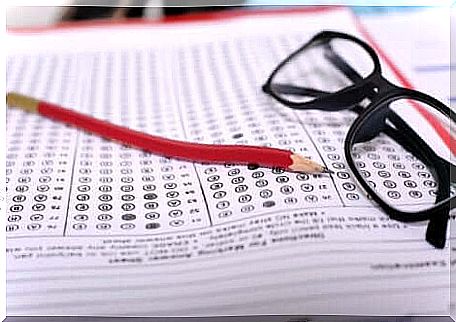
What does it mean to be smart?
Aristotle went down in history thanks to his innovations in the world of thought. Perhaps one of the most important is his dialectical method of producing knowledge; let’s talk about maieutics. Anyone who wants to use it must have a very special skill: the art of asking questions.
By following this trail, we realize that science takes a step forward whenever it is able to ask itself important questions before getting a relevant answer. So that perhaps the primary symptom of intelligence is related to the ability to generate questions.
On the other hand, the more traditional consider “intelligent” who can solve problems of logic. Mathematics, facilitating abstraction and isolating some cultural variables, was perhaps the most traveled way to test intelligence. In this sense, probably the most stimulating and comprehensive modern theory has been Gardner’s.
Gardner’s theory
According to this theory, the human being processes information through various independent “channels”. Gardner then identified 8 common types of intelligence:
- Mathematical-logic.
- Visual-spatial.
- Rhythm-musical.
- Verbal-linguistics.
- Bodily-kinesthetic.
- Interpersonal.
- Intrapersonal.
- Naturalistic.
This idea is very interesting and starting from it was born the current that deals with adapting teaching to different skills in order to improve learning.
For its part, positive psychology has broadened the answer to the question “what does it mean to be smart?” highlighting the value of emotional intelligence. This current opposes the idea that emotions, or associated emotionality and intuition, are the enemies of intelligence.
Not only that, he argues that an intelligent person is able to manage their emotions correctly, to listen to what they have to say and to choose the best way to channel their energy.


